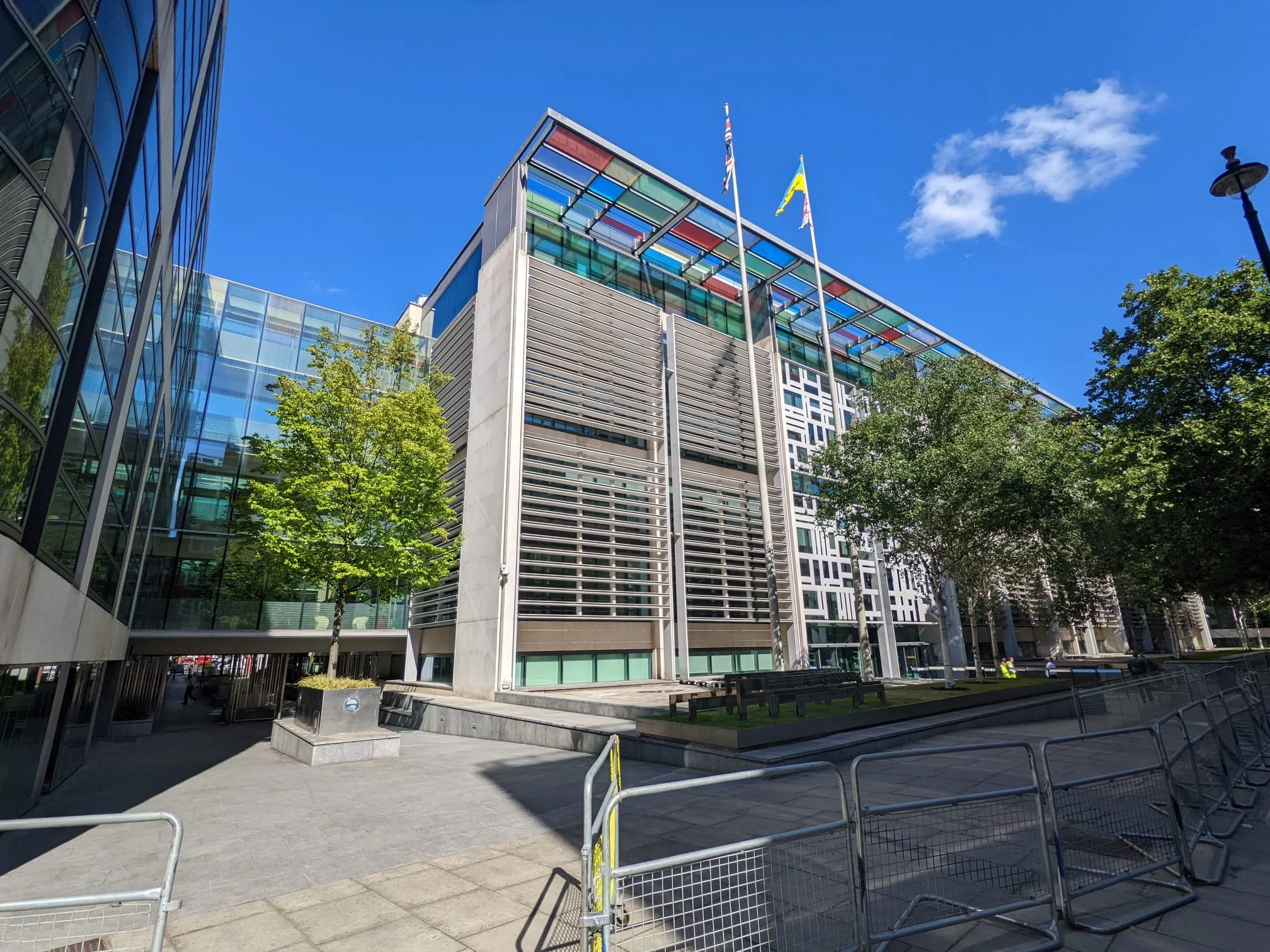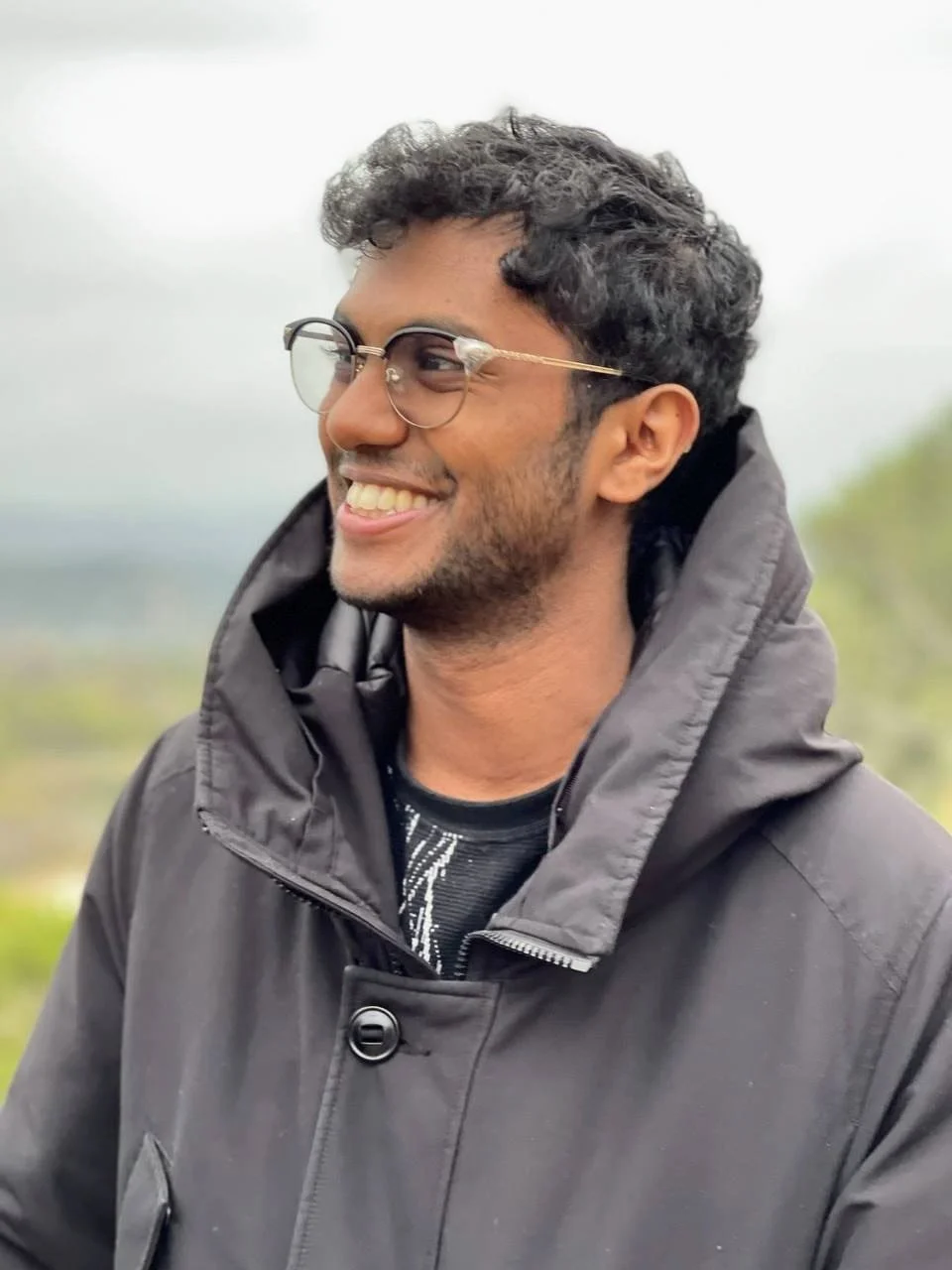Reflections from DEFRA
I am absolutely thrilled to have recently completed a work placement at the Department for Environment, Food and Rural Affairs (DEFRA) in the UK government. I was specifically based in the International Biodiversity and Climate Directorate. This directorate focusses on the development and implementation of policy and overseas development assistance programming in the natural environment. Given my background in environmental science and water, coupled with my passion for international development, I was honoured to engage with an impactful organisation in this crucial area.
Observing and Learning
During my placement, I engaged with the full breadth of the directorate. I met many of the staff and was able to discover what it really takes to get these programmes off the ground, in terms procedures, processes and international dialogue. I learned about the various roles and capacities involved as well as the relationships between different policies, programmes and projects. Many of these international agreements and policies emanated from COP26; as someone who took part in COP26 in various ways, I was interested to observe how these important action items were being taken forward. It was indeed a very useful experience to witness and engage with the incredible amount of co-ordination needed to initiate and support co-operative multi-lateral programmes.
Much of my time was based on work related to the Global Centre on Biodiversity for Climate (GCBC), which forms a significant portion of Defra’s International Climate Finance (ICF). I enjoyed learning about the various important and innovative projects that formed the GCBC. However, the institutional arrangement and management framework was especially interesting for me. While I have a strong technical and applied background, the higher-level decision-making and governance structures needed to guide actions in both vertical and horizontal dimensions is an emerging area of interest for me.
DEFRA: Dedication and Passion
Perhaps the most surprising takeaway was that I found myself genuinely inspired by the competence and tangible passion I felt in every person met, which has also given me some sense of relief! Having experience in the environmental and water sectors in Southern Africa and South Asia, I am well are of the challenges presented by all stakeholders, with the Civil Service being no exception. I know these challenges are not limited to the Global South but the level of dedication in DEFRA was still astonishing to me. Policies, projects and programmes were not seen as mere deliverables but as the important tools for change that they are. I believe the importance of a skilled and motivated team is most evident in light of challenges beyond any single organisation, country or even continent.
Time well spent
I was also able to contribute to some of their work during my busy schedule. Most notably, I outlined some key interlinkages between sustainable agriculture and water in terms of water quality, physical hydrology and water availability for Sustainable Agriculture team. Along with this, I spent some time discussing and advising the Environmental Pollution team on approaches to address environmental water pollution in South Africa - one of my favourite conversations! Finally, I gave a presentation on bottom-up approaches to climate change resilience and transboundary management in Southern Africa, addressing policy interactions and justice. The interaction between different scales and levels of policy is an essential consideration in transboundary environmental projects and the two-way movement, both upwards and downwards, of guidance and evidence in policy is still poorly understood and subsequently implemented.
I am delighted to have had an opportunity to get hands-on experience in the process of using evidence and data to develop policies within the context of international agreements while still focussing on the needs on the ground. It has reaffirmed and strengthened my commitment to international environmental development. I will further contribute to developing the science-policy interface using a systems perspective founded on science-driven evidence for localised solutions. After completing of my Mmaster’s, I will work towards this in the fields of the environment, climate and water. I thank the Weidenfeld-Hoffmann Trust and DEFRA for their support in this journey.



